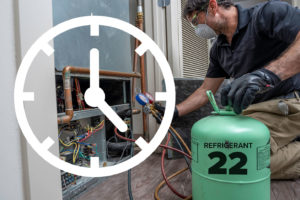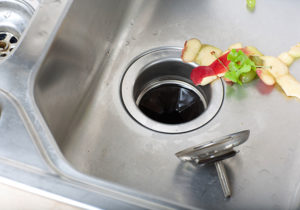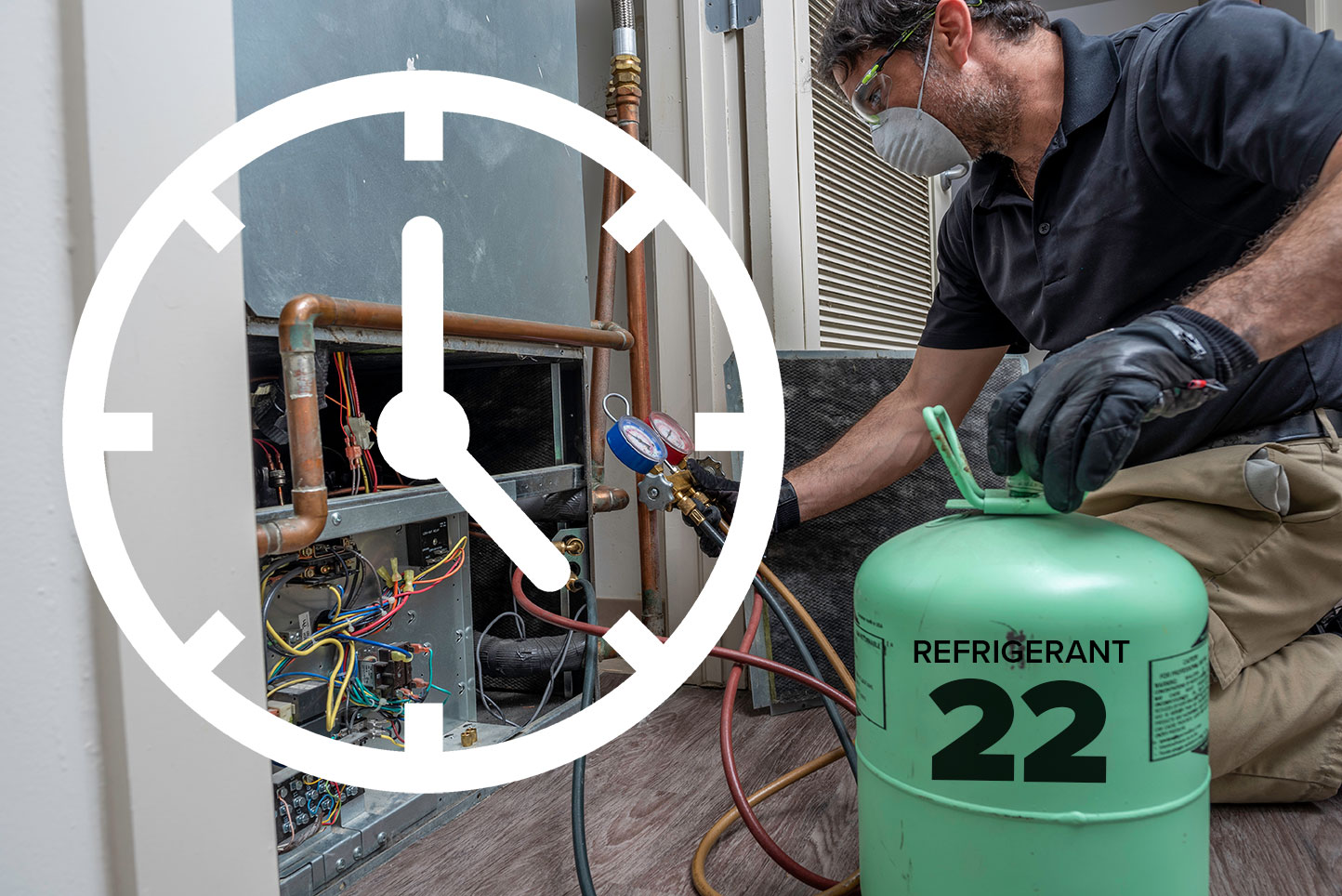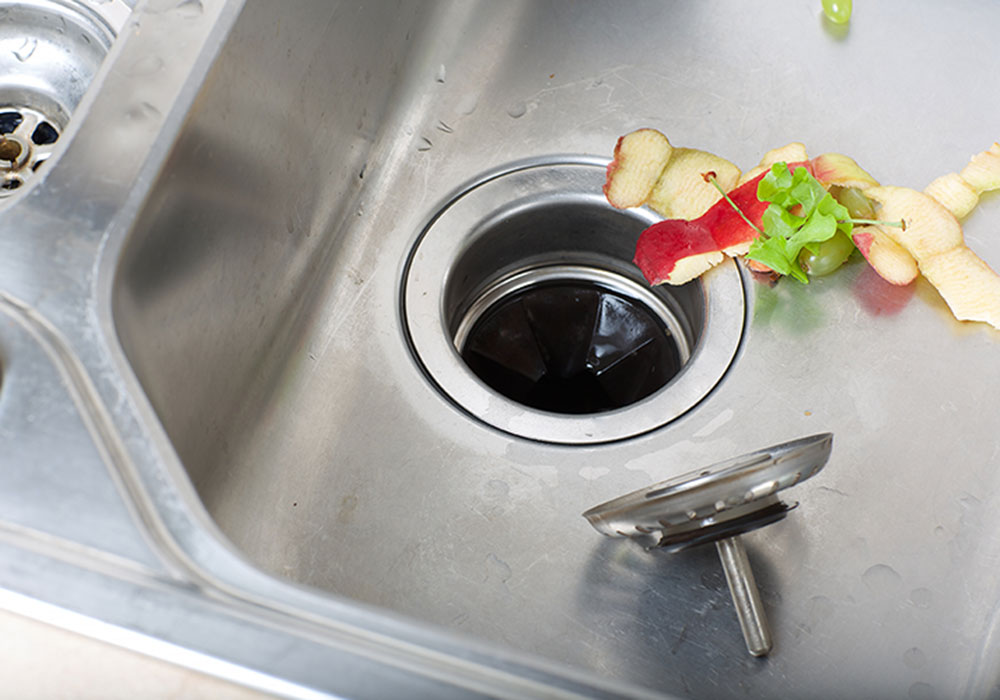Whatever the Reason, Whatever the Season...
YOU CAN COUNT ON SMYLIE ONE
Home » Indoor Air Quality » Indoor Air Quality FAQs

Indoor Air Quality FAQs
The Department of Energy recommends a winter heat setting of 68 °F (20 °C), which matches up very well with the temperatures most of us are comfortable with.
The best thermostat setting for summer is 78 degrees Fahrenheit when you're at home. Energy.gov also suggests raising your thermostat or turning it off entirely when you are away in the summer. Programmable thermostats can help make monitoring your home's temperature while you're away easy.
Generally, most air filter manufacturers and HVAC companies recommend changing your air filter every 90 days, or 3 months. That can change based on where your home is located (ex. dusty, dry climates), if you have any pets, and the age of your system and equipment.
Low humidity can cause all sorts of trouble, both for your health and your home’s indoor air quality. At the core, low humidity is simply dry air, a lack of moisture and is most common in cold weather.
With dry air comes dry skin. If your wrists and scalp are always itchy and flaky during the winter, your home has low humidity.
The recommended humidity levels during the summer is 40-50% and the ideal humidity level in winter is between 30 and 40%.
Yes! Once every year, you should either clean or change your whole-home humidifier filter. A dirty humidifier pad can cause your electrical bill to increase while preventing moisture to enter your home.
Some ways you can tell if you need a whole house dehumidifier are:
• There is condensation on your windows.
• You notice mold growing inside your home.
• The amount of humidity in your air is uncomfortable.
Having too much humidity present in your indoor air can lead to issues that affect your home as well as your health.
Whole house dehumidifiers typically last around 5-10 years. Although, some things that can affect the lifespan of your whole house dehumidifier are:
• The type of whole house dehumidifier you have.
• How often you have your whole house dehumidifier maintained.
• How often you use your whole house dehumidifier.
The EPA suggests monitoring your health effects after a change in your surroundings. For example, if you have new health problems after moving, remodeling, refurnishing, or a performing pesticide application, this could be an indicator of an indoor air quality problem. Consult your family physician.
Other sources of indoor air quality problems include:
• Toxic household cleaning products
• Pets
• Pressed-wood products
• Poor ventilation
The short answer is no. But if you're looking for the best general air quality air cleaning, look for a HEPA filter air purifier. They are considered the best for residential air cleaning.
For more commercial air cleaning, consider a medical-grade air purifier. Brands like iWave air purifiers offer better-than-HEPA filtration and UV-C lights for killing bacteria and viruses. This UV air purifier is a customer favorite for commercial spaces.
Cleaning your indoor air isn’t as simple as it sometimes sounds. Your indoor air is a veritable smorgasbord of pollutants, from solid particles like dust, mold, and pollen to gases like CO2, formaldehyde, indoor ozone (O3), and volatile organic compounds (VOCs).
That’s not even including airborne biocontaminants like bacteria and viruses that live on almost any surface you can imagine – and many of these can get into your air and be breathed straight into your airways, penetrating respiratory tissue and infecting your entire body.
That’s why UV air purification came onto the scene: to address widespread concerns that air purifiers weren’t doing anything about the millions of infectious microbes and viruses that could cause and spread conditions like colds, the flu, and even tuberculosis.
UV light as used in a UV air cleaner is designed to disinfect potentially infectious living, organic bacteria and inorganic viral material from the air flowing through the purifier.
UV light’s secret weapon against bacteria and viruses? DNA damage – just like UV rays from the sun can damage your skin cells and cause skin cancer, UV light can damage and sometimes destroy the DNA that makes up bacterial and viral matter.
Schedule Appointment
─── Smylie One Blog
Your Source for Heating, Cooling & Plumbing Tips
Home maintenance doesn’t have to be boring. We’re here to bring you all the tips and tricks to make your home more comfortable, reliable and energy efficient.

R-22 Has Been Phased Out, But Smylie One Can Help You With Your Refrigerant Needs
In January of 2020, the Environmental Protection Agency ruled that R22, or freon, was to be phased out of the HVAC industry due to its

How To Reset Your Garbage Disposal
We’ve all been in the same situation. You’re doing the dishes after a large meal. The dishes are stacked up in the kitchen sink and



